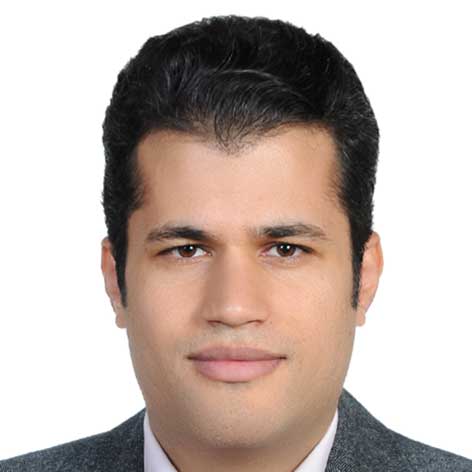project:
Jan 2023
Jun 2027
Ongoing
Artificial intelligence for enhanced hydraulic turbine lifetime
Recent advancements in artificial intelligence and machine learning enables high-dimensional controlling and decision-making. In this project, state-of-the-art artificial intelligence will be developed to detect and control undesirable and damaging flow-induced oscillations to enhance turbine lifetime. A well-developed and trained model can not only detect the presence of damaging flow structures, but it can also take optimal decisions to reduce and control such structures.
Presently, the inevitable intermittency of electrical energy resources such as solar and wind power is compensated through hydropower systems. Meaning that hydraulic turbines are not necessarily working at the steady Best Efficiency Point (BEP) condition anymore as they are used in different off-design and transient operating sequences to stabilize the electrical grid. Such operations cause flow instabilities with pressure fluctuations, load variations, and cavitation, which may deteriorate the machine and reduce its efficiency leading to entirely different engineering requirements. Thereby, a sustainable energy production system cannot be achieved unless these damaging effects are mitigated, and the hydraulic turbines are adapted to new transient operations
Projektets huvudsakliga mål är att använda och vidareutveckla avancerad artificiell intelligens för att effektivt och robust upptäcka, kontrollera och mildra flödesinducerade svängningar vid drift utanför designområdet och under övergångsförlopp, för att förlänga turbinernas livslängd. För att uppnå detta mål kommer djupa neurala nätverk att utforskas genom förstärkningsinlärning för att möjliggöra optimalt beslutsfattande för vattenkraftturbiner. Det kommer även att undersökas hur fysik-informerade neurala nätverk (Physics-Informed Neural Networks, PINNs) kan användas för att minska tiden det tar att få fram noggranna numeriska resultat.
Publications
• Mohammad Sheikholeslami, Saeed Salehi, Wengang Mao, Arash Eslamdoost, Håkan Nilsson, 2025, Physics-informed neural networks with hard and soft boundary conditions for linear free surface waves, Journal
• Faiz Azhar Masoodi, Saeed Salehi, Rahul Goyal , 2024, Reorganization of flow field due to load rejection driven self-mitigation of high load vortex breakdown in a Francis turbine, Journal
• Mohammad Sheikholeslami, Saeed Salehi, Wengang Mao, Arash Eslamdoost, Håkan Nilsson, 2024, Physics-Informed Neural Networks for Modeling Linear Waves, Conference
• Saeed Salehi, Håkan Nilsson, 2024, Towards practical applications of deep reinforcement learning in computational fluid dynamics, Conference
• Faiz Azhar Masoodi, Saeed Salehi, Rahul Goyal, 2024, Formation and evolution of vortex breakdown consequent to post design flow increase in a Francis turbine, Journal
• Saeed Salehi, Håkan Nilsson, 2024, Modal analysis of vortex rope using dynamic mode decomposition, Journal
• Saeed Salehi, 2024, An efficient



